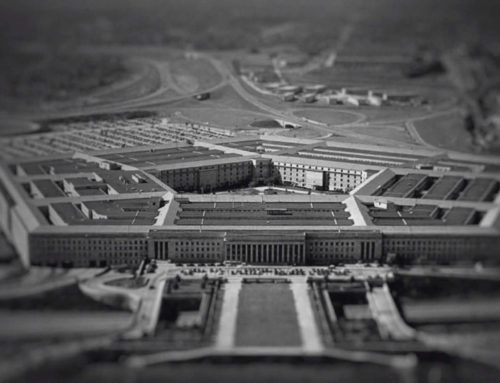The Congressional Budget Office (CBO) got a lot of jaws dropping this week with a report estimating the U.S. has spent $85 billion on contractors in the Iraq war, 20 percent of the total cost to date. A closer reading of the report, however, indicates that bracing figure is actually much, much higher.
The report , titled “Contractors' Support of U.S. Operations in Iraq,” used federal procurement databases to track the value of contracts awarded by the U.S. government between the war’s 2003 launch and fiscal year 2007. But three paragraphs into its conclusions, the report admits that the estimate “does not capture the total share of U.S. spending on Iraq that goes to contractors.”
First of all, analysts did not include any contracts performed in countries outside the Iraq “theater,” meaning they excluded contracts for weapons manufactured and maintained stateside. These contracts, as anyone who follows the industry knows, are very lucrative. Take the Mine Resistant Ambush Protected Vehicles: Congress has given DOD more than $22 billion to build some 15,000 of them, most if not all of which will be constructed in the U.S. Just last month, General Dynamics was awarded a $550 million contract to manufacture nearly 800 MRAPs.
Billions will also go to contractors to rehabilitate equipment worn down on the battlefield, a process known as “reset.” The Army has estimated it will need at least $13 billion per year for reset, most of which will go to the procurement and “operations and maintenance” (O&M) budget accounts where contractors are most often found. A September 2007 report by the Government Accountability Office (GAO) said that the Army received $17 billion in fiscal year 2007 alone for reset, double the amount from the previous year.
The CBO estimate also neglects contracts in the $50 billion classified intelligence budget, of which contractors claim a significant portion: Estimates of intelligence funds going to contractors range from $42 billion to $35 billion. Finally, the estimate totals only values of contracts stored in the Federal Procurement Database System—frequently criticized by watchdog agencies for inaccuracy—meaning it doesn’t include money lost to contract fraud. The Defense Contract Audit Agency recently found more than $10 billion worth of unsupported charges in Iraq reconstruction contracts.
CBO has essentially provided a picture of construction and O&M contracting, which—though worth tracking because of its explosive growth—is only a part of the total picture of how contractors figure in Iraq. Since this is by CBO’s own estimate the most contractor-reliant military operation in U.S. history, a more complete picture needs to come into focus, the sooner the better.
For more information contact Laura Peterson.










